Myth/Fact
Indonesia Palm Oil Facts – supported by the Indonesian Palm Oil Association, is dedicated to separating the facts from the fake news and false claims leveled at Indonesian palm oil.
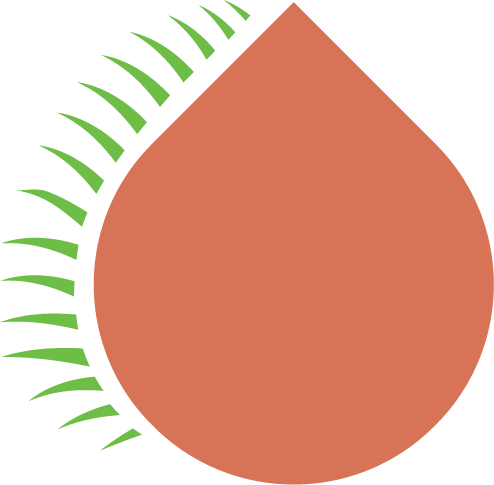
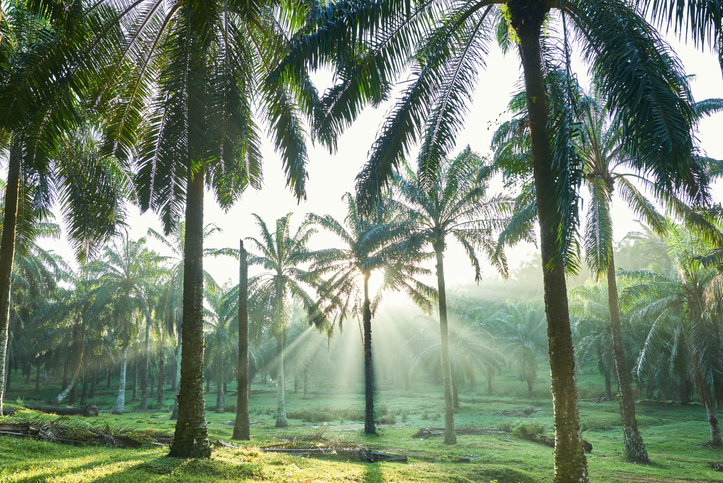
Myth: Palm oil in Indonesia is the sole property of big companies that exploit the workers on oil palm plantations; Indonesian small farmers do not really exist
There are as many as 4 million smallholder oil palm farmers in Indonesia – roughly half the total population of Switzerland. Smallholders are present in most of Indonesia’s 17,000 islands. The number of smallholder oil palm farmers has increased over the past 20 years. Oil palm farming is a lifeline…
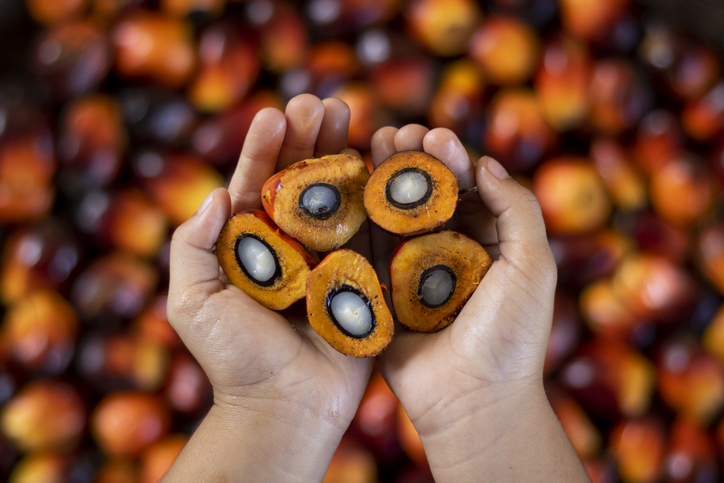
Myth: Indonesian palm oil is worse for the environment than European rapeseed and sunflower
Agricultural land covers around 31.46 per cent of Indonesia’s total land area compared to 52.44 per cent in France and 71.71 per cent in UK. Oil palm plantations cover approximately 6 per cent of Indonesia’s total land area. Globally the harvested oil palm area in 2018 was 18 million ha. This…

Myth: Indonesian palm oil has destroyed Indonesia’s forests, leaving it with much less forest area than in Europe
More than 49.86 per cent of Indonesia is forested, covering an area of 91 million ha. Indonesia’s forest area is larger than the total land area of France and Germany combined. Indonesia’s forests cover more than twice the total land area of California. Indonesia’s total protection and conservation forest area…

Myth: EU rapeseed and sunflower are healthier than Indonesian palm oil
Rapeseed and sunflower oils have for decades been subject to ‘partial hydrogenation’, an artificial process that creates trans fats. Trans fats are labelled by scientists as one of the biggest dangers for human health. Palm oil contains zero trans fats. Due to palm oil’s unique physical properties, with a balance…
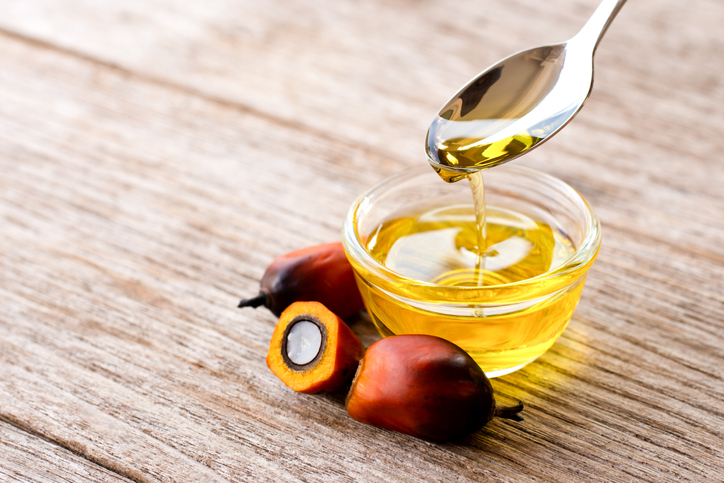
Myth: EU rapeseed and sunflower are the most sustainable vegetable oils in the world
Indonesian palm oil has a strict, widely adopted certification standard for sustainability (ISPO), covering the whole country. In addition, Indonesian palm oil producers also meet international standards for regulatory schemes (e.g. ISCC) and NGO-led schemes (e.g. RSPO). Palm oil from Indonesia is certified more than any other vegetable oil from…

Myth: EU rapeseed and sunflower provide the highest quality, most efficient vegetable oil
Independent data from leading international institutions show that palm oil is superior in yields, productivity, land use, health benefits and commitment to the environment and sustainability as compared with rapeseed, sunflower and other vegetable oils. These facts highlight the falsehoods pushed by ongoing, defamatory NGO campaigns, supported by rapeseed and…

Myth: There are no more Orangutans in Indonesia; they have all been killed by palm oil
Orangutans are a protected species in Indonesia. They are an iconic species for Indonesia and the region. Indonesia’s orangutans are found in Sumatra, a large Indonesian island west of Java and south of the Malay Peninsula. They are also found in the Indonesian state of Kalimantan on the island of…
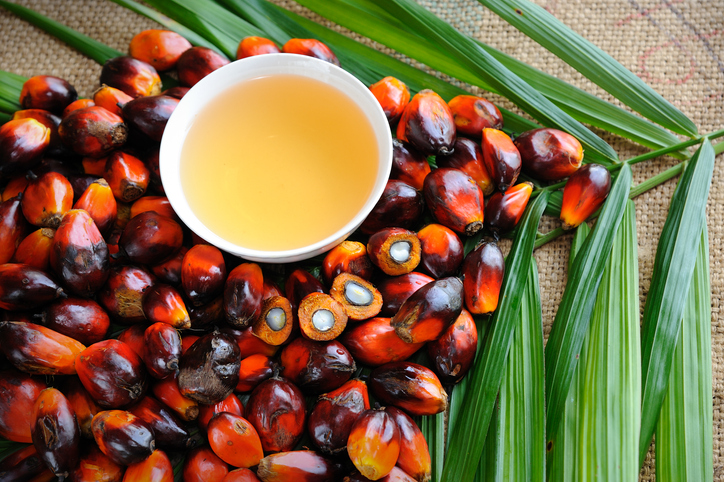
Myth: Indonesian palm oil is not certified sustainable
There is more certified sustainable palm oil (CSPO) than any other oil crop in the world. CSPO outstrips any certification of soybean, rapeseed and other oilseed crops. Indonesia is the #1 producer of certified sustainable palm oil in the world; no other country comes close. Indonesia is the #1 Sustainable…
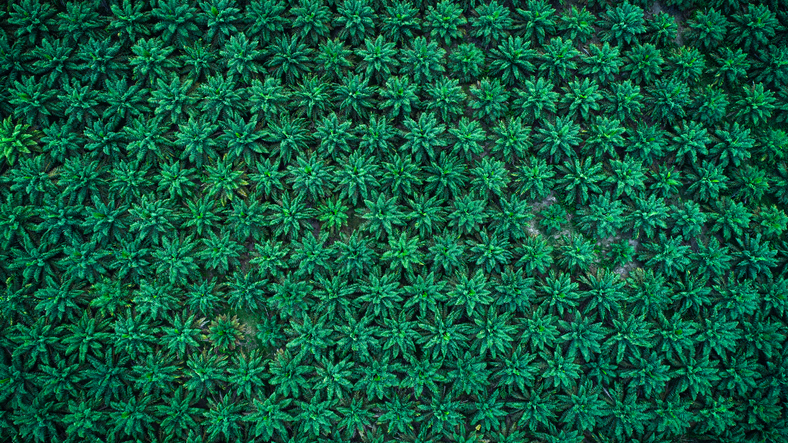
Myth: Oil palm plantations are to blame for deforestation and fires across the world
Palm oil is not the world’s leading cause of deforestation. Research from the European Commission and Centre for Global Development shows that other commodities – beef/livestock, soybean and even maize – are bigger drivers of deforestation. Deforestation from soybean is double that of palm. Together, deforestation caused by cocoa and…
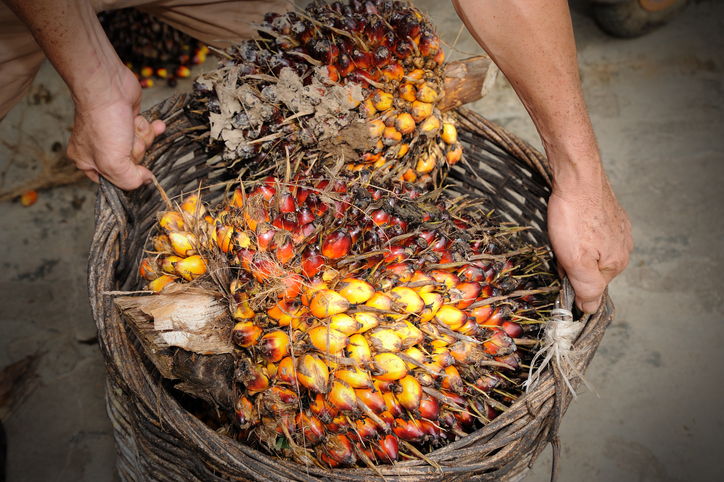
Myth: Indonesian small farmers are in conflict with large companies
Indonesia is committed to full land tenure and rights for small farmers. This is an ongoing process. Indonesia’s history of colonialism and overlapping jurisdictions means there are often competing claims to the same land. This means that land is often in dispute. Land disputes occur in Indonesia across all sectors…
